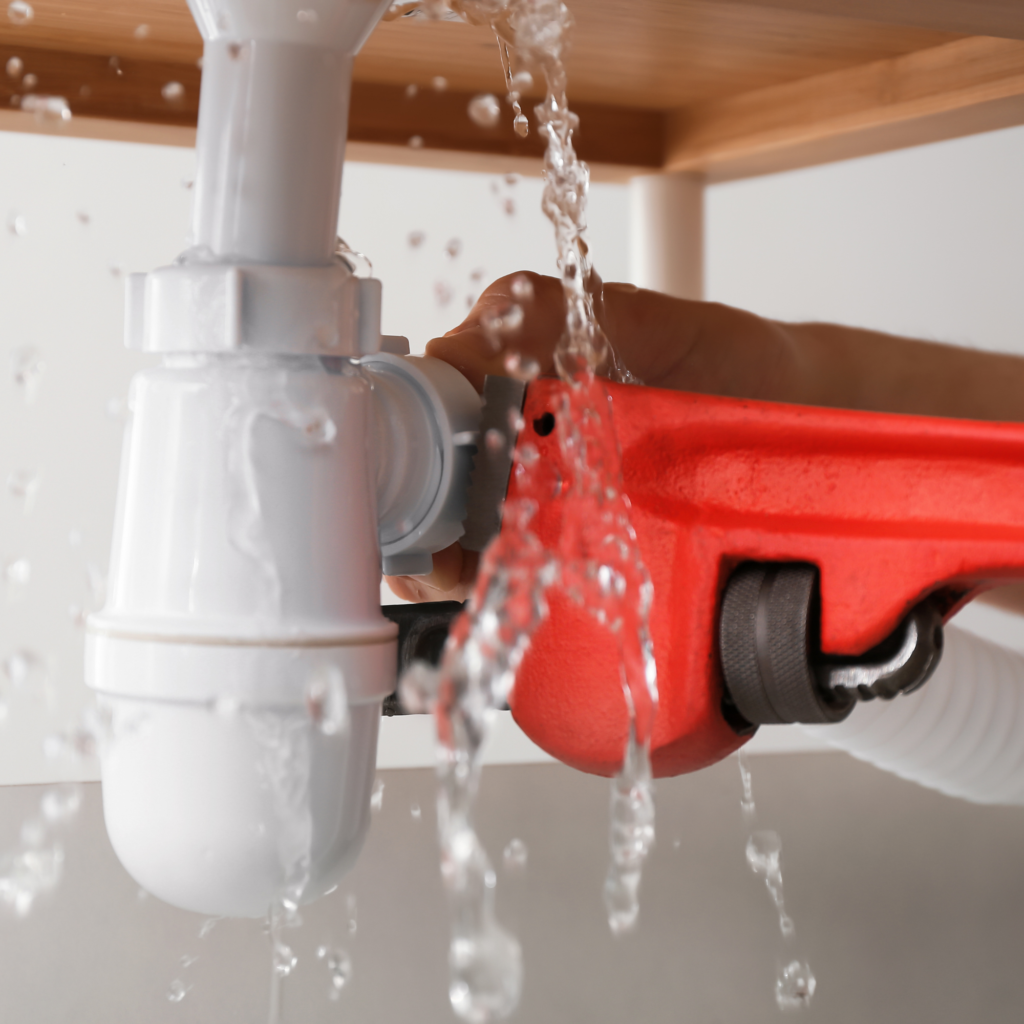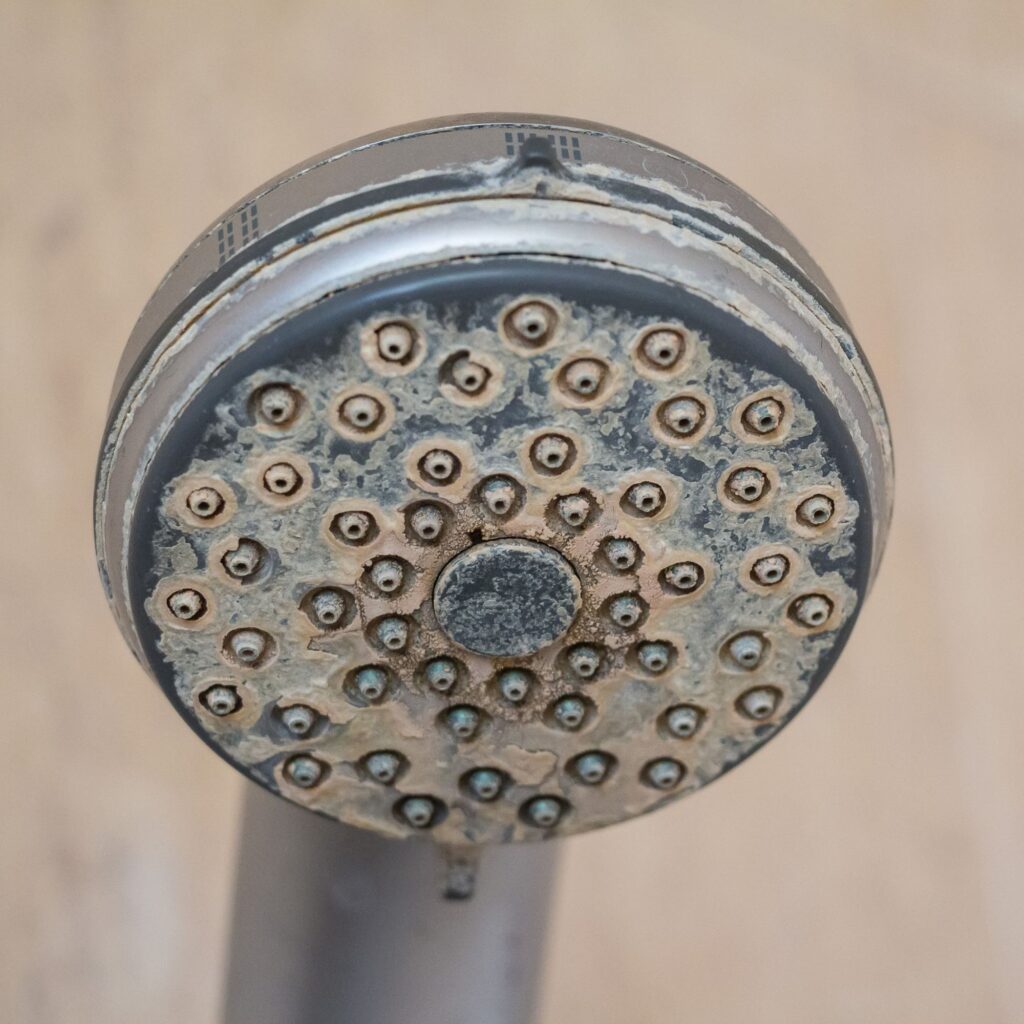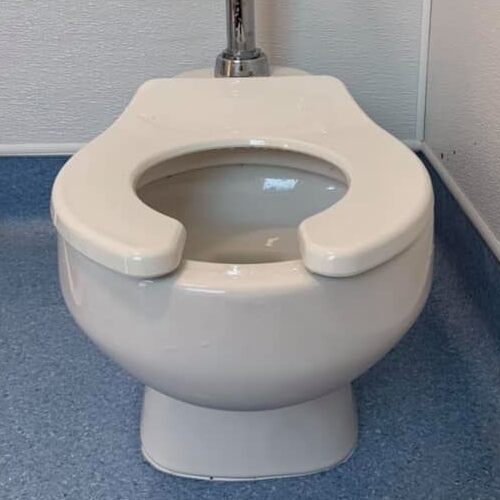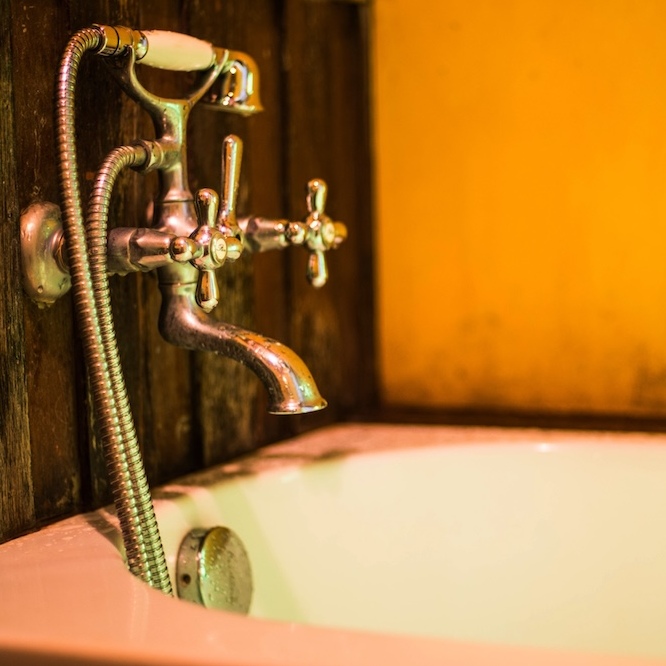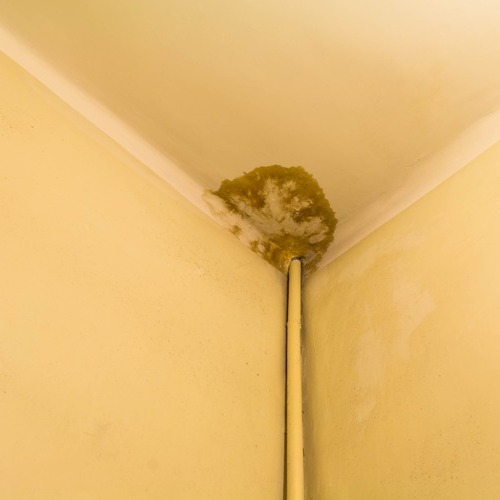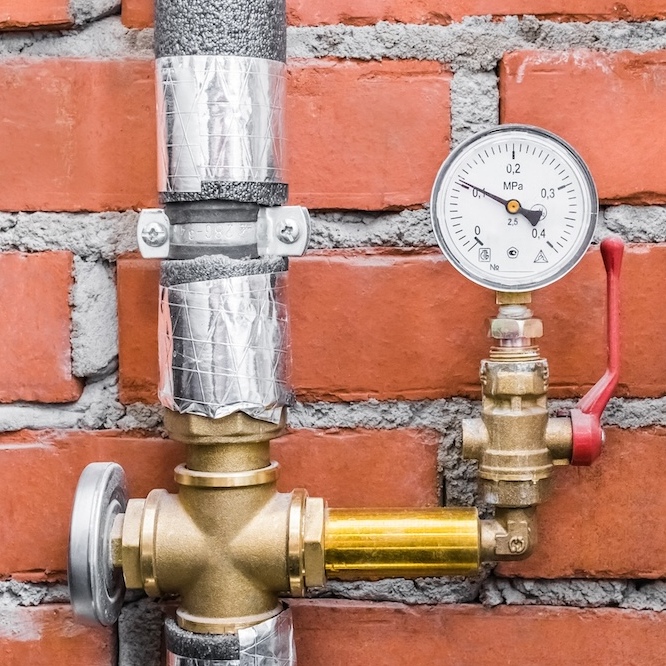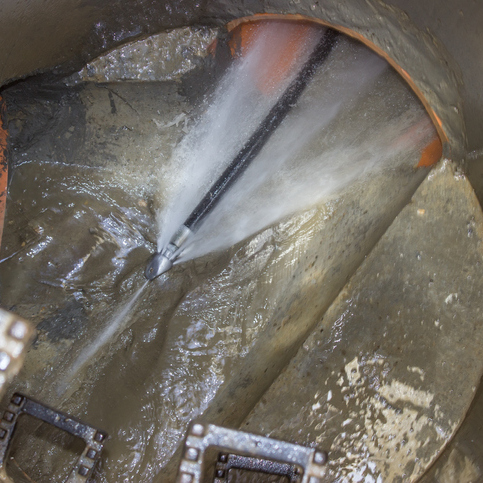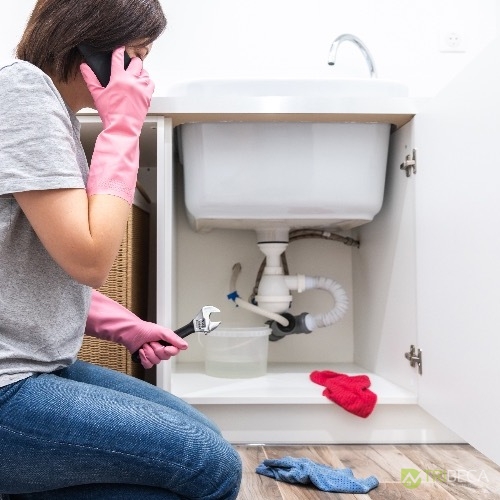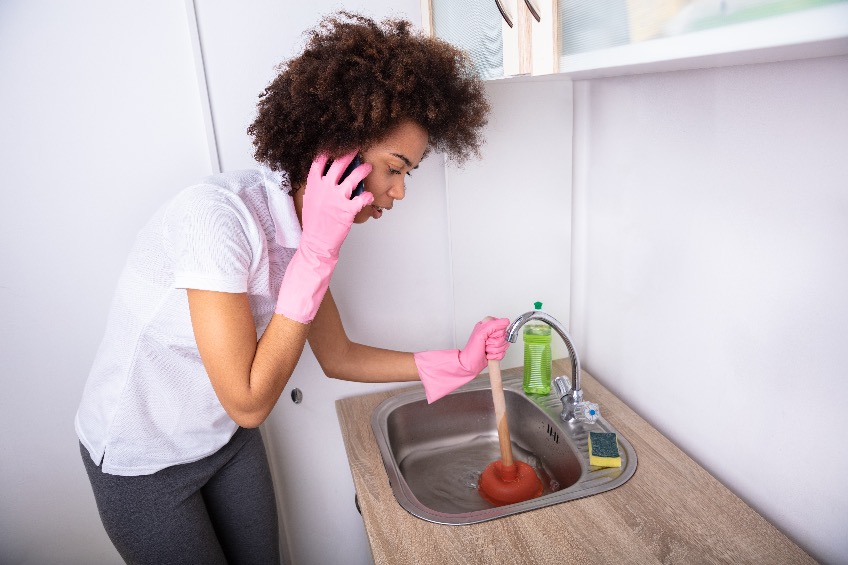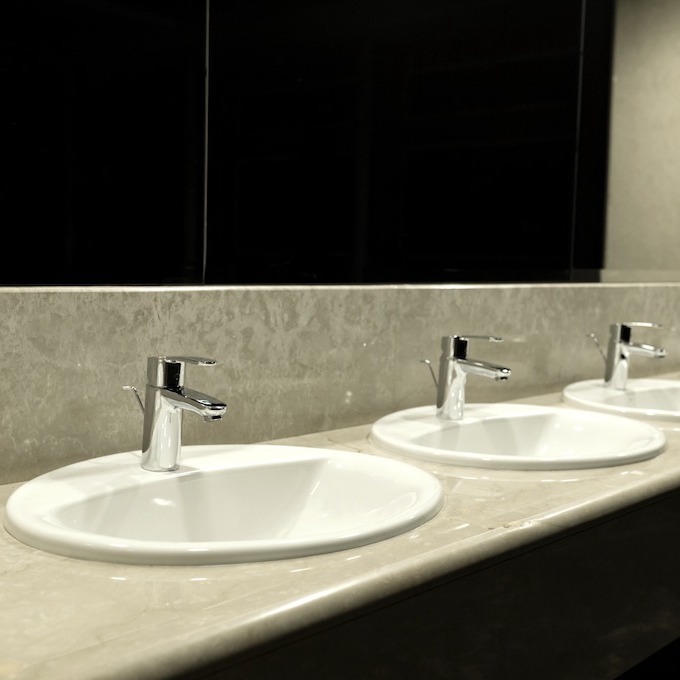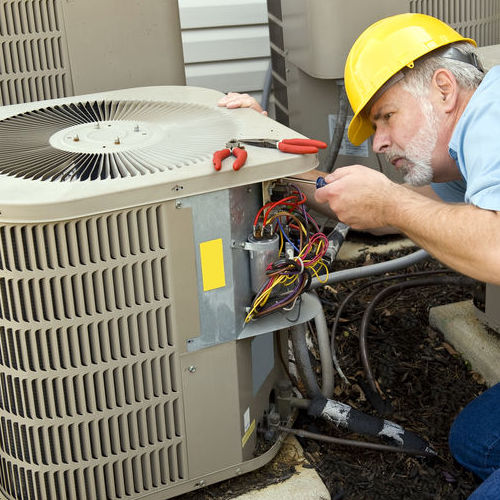
Get your AC Cooling Again
As summer temperatures soar, a malfunctioning air conditioner can quickly turn your home into an uncomfortable space. If you find that your air conditioner is running but not cooling, it can be both frustrating and concerning. Understanding the possible reasons behind this issue and knowing the appropriate steps to take can save you time, money, and discomfort. In this blog post, we will address common questions related to this problem, providing insights and tips to help you troubleshoot and resolve the issue effectively.
Why Is My Air Conditioner Running but Not Cooling?
1. Dirty Air Filters
One of the most common reasons for an air conditioner running without cooling is dirty or clogged air filters. Over time, dust, dirt, and debris accumulate in the filters, restricting airflow and reducing the system’s efficiency. This not only hampers the cooling process but also puts extra strain on the unit, potentially leading to further issues.
Solution: Check and replace the air filters regularly, typically every one to three months, depending on usage and the type of filter. This simple maintenance step can significantly improve your AC’s performance.
2. Refrigerant Leaks
Refrigerant is the substance that cools the air in your AC system. If there’s a leak, the refrigerant levels will drop, leading to inadequate cooling. Leaks can occur due to various reasons, including wear and tear or damage to the refrigerant lines.
Solution: Contact a professional HVAC technician to inspect and repair the refrigerant leak. They will also recharge the refrigerant to the appropriate levels, ensuring optimal cooling performance.
3. Faulty Compressor
The compressor is the heart of your air conditioning system, responsible for circulating refrigerant and facilitating the cooling process. If the compressor is malfunctioning or failing, your AC will struggle to cool the air effectively.
Solution: A faulty compressor often requires professional diagnosis and repair. In some cases, replacement may be necessary. It’s best to seek the expertise of an HVAC technician to address this issue.
4. Thermostat Issues
A malfunctioning thermostat can also cause your air conditioner to run without cooling. If the thermostat is not accurately reading the temperature or sending the correct signals to the AC unit, it can lead to improper cooling.
Solution: Ensure that the thermostat is set to the correct temperature and mode (cooling mode). If the problem persists, it may need recalibration or replacement by a professional.
Should I Turn Off My AC If It’s Not Cooling?
When your air conditioner is running but not cooling, it’s essential to determine whether you should turn it off or keep it running while troubleshooting the issue.
Turn It Off to Prevent Further Damage
If your air conditioner is not cooling effectively, turning it off can prevent potential damage to the system. Running the AC under these conditions can put unnecessary strain on the components, leading to more severe issues and costly repairs.
Perform Basic Troubleshooting First
Before turning off your AC, consider performing some basic troubleshooting steps:
- Check the Thermostat: Ensure it is set to the correct temperature and mode.
- Inspect the Air Filters: Replace dirty or clogged filters.
- Examine the Outdoor Unit: Clear any debris or obstructions around the unit.
If these steps do not resolve the issue, it is advisable to turn off the AC and seek professional assistance to avoid exacerbating the problem.
How Do You Know If Your Thermostat Is Not Working?
A malfunctioning thermostat can significantly impact your air conditioner’s cooling performance. Here are some signs that your thermostat may not be working correctly:
Inaccurate Temperature Readings
If the thermostat displays a temperature that does not match the actual room temperature, it may be faulty. Use a separate thermometer to compare the readings and verify accuracy.
Unresponsive Controls
If the thermostat does not respond when you adjust the temperature settings or switch between modes (cooling, heating, fan), it may indicate a problem with the device.
Frequent On/Off Cycling
A thermostat that causes the AC to turn on and off frequently (short cycling) can lead to inconsistent cooling and increased energy consumption. This issue may stem from incorrect calibration or wiring problems.
No Display or Power
If the thermostat’s display is blank or unresponsive, it may be due to power issues or internal malfunctions.
Solution: If you notice any of these signs, try the following steps:
- Check the Batteries: Replace the batteries in the thermostat.
- Inspect the Wiring: Ensure that the thermostat wiring is secure and properly connected.
- Reset the Thermostat: Refer to the manufacturer’s instructions for resetting the device.
If these steps do not resolve the issue, it is best to contact an HVAC professional to diagnose and repair the thermostat or consider replacing it with a newer model.
Call Us Today
Dealing with a malfunctioning air conditioner can be stressful, especially during the peak of summer. If your AC is running but not cooling, don’t let the heat get the better of you. Our expert technicians at Tribeca Plumbing, Inc. are here to help with prompt and reliable emergency air conditioner repair services in Dallas, TX. Contact us today at (214) 402-5454 to schedule an inspection and get your AC back to optimal performance. Stay cool and comfortable with our professional HVAC solutions!
By understanding the common causes of an air conditioner running but not cooling and taking the appropriate steps, you can ensure a comfortable indoor environment and prolong the life of your AC unit. Remember, regular maintenance and timely repairs are key to keeping your cooling system in top shape.

